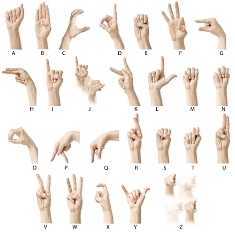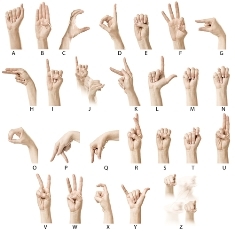THE hearing it is a very valuable sense that allows us to pick up sound waves and, consequently, hear everything around us. The organ responsible for this sense is the ear. We can divide it into three parts: the outer ear, the middle ear and the inner ear.
The outer ear is responsible for receiving sound waves and directing them to the ear canal. It is in this region that we find the tympanic membrane, a thin film that vibrates when sound waves reach it. It is also the place where ear wax is produced, a yellow substance whose main function is to protect the ear.
In the middle ear we find the three ossicles of the ear: the malleus, the incus and the stapes. This part of the ear is mainly responsible for capturing the vibrations of the tympanic membrane through the ossicles and transmitting them to the inner ear.
Finally, we have the inner ear, which is the place where the cells capable of capturing sound vibrations and forwarding the nervous stimulus to the brain are located. Among the components of the inner ear, we can highlight the cochlea, saccule, utricle and semicircular canals. The cochlea, responsible for hearing, presents itself as a coiled tube filled with fluid.
Now that we understand the anatomy of the ear, let's understand how we are able to pick up sound!
Let's imagine someone is talking to you. As we speak, sound waves are produced that will be picked up by the listener's outer ear and will cause a vibration in the eardrum. This membrane, when vibrating, causes the malleus, incus and stapes to also vibrate. In the inner ear, sensory cells capable of transforming the vibration into a nervous impulse are found. From there, this is taken to the brain, where the message will be processed so that we can perceive sounds.
Changes in any part of the ear can lead to hearing loss. When the problem is related to the middle or external ear, these changes can be surgically corrected. When the affected area is the inner ear, we have more severe and usually irreversible cases.

Some people have severe hearing loss and are able to communicate thanks to sign language.
Hearing loss can be caused by genetic diseases, viral and bacterial infections, and aging. In the case of aging, healthy lifestyle habits and care for blood pressure, cholesterol and diabetes are essential, as these factors can accelerate hearing loss.
by Vanessa dos Santos
Graduated in Biology
Take the opportunity to check out our video lesson on the subject:

